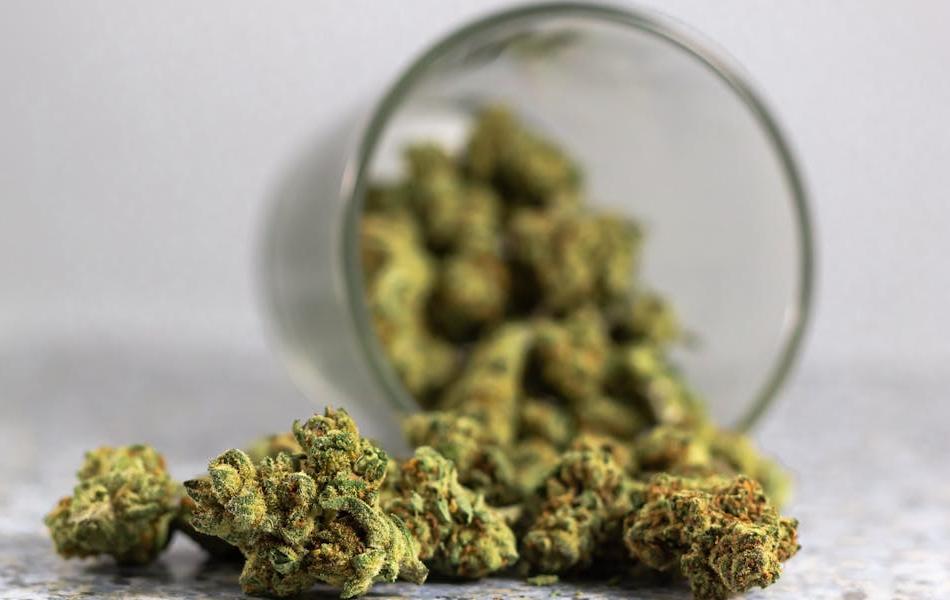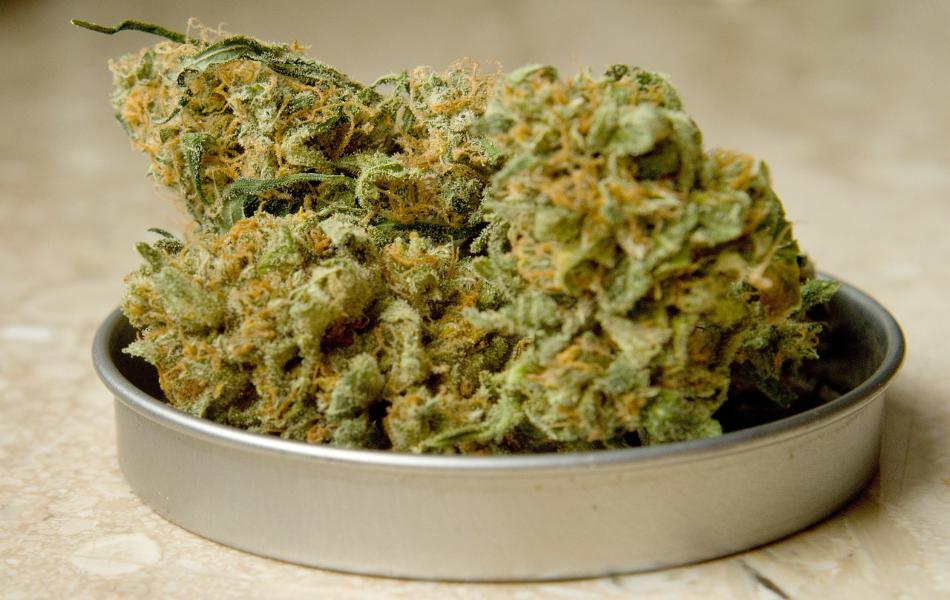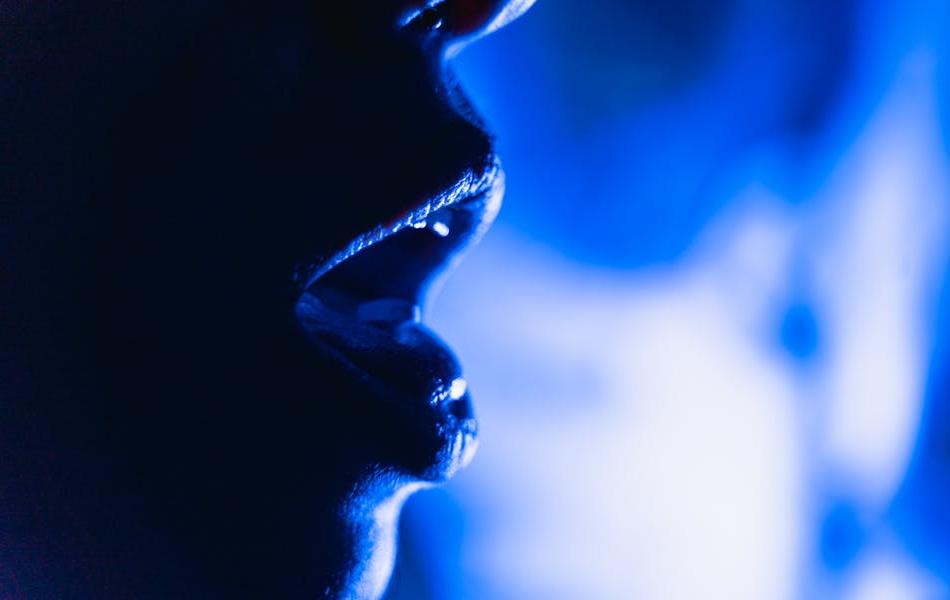Understanding Dreams About Drugs: What Do They Mean?
Everyone dreams, but not all dreams stick with us. Some are pleasant, while others leave us uneasy. When it comes to dreams about drugs, they can often be linked to processing past trauma or dealing with issues like substance use disorders. These dreams, whether they show relapses or past experiences with substance misuse, can offer valuable insight into the journey of recovery. By understanding the connection between sleep and mental health, particularly during addiction recovery, you can gain more control over these dreams and their impact on your healing process.
Why Do Drug-Related Dreams Occur?
Drug-related dreams can arise for many reasons, such as curiosity, stress, or unresolved emotional struggles. Sometimes, these dreams are your mind’s way of dealing with emotions and experiences that haven’t been fully processed. The type of drug featured in the dream and the context in which it’s used can reveal hidden feelings or conflicts you may not have fully explored in your waking life.

Keeping a dream journal is helpful for understanding these dreams better. Writing down what you dream about and reflecting on it can uncover subconscious desires or struggles. Getting support from addiction recovery professionals can also help you deal with these types of dreams. Stress management techniques, improving sleep habits, and using healthier coping strategies can reduce the occurrence of drug-related dreams, leading to more peaceful sleep.
The Emotional and Symbolic Meaning of Drug Dreams
Dreams are a reflection of your conscious and subconscious mind, often displaying thoughts, emotions, and memories. When drugs appear in your dreams, they usually carry a more profound meaning related to stress, coping mechanisms, or a desire for escape.
1. Stress and Coping Mechanisms
Drug-related dreams can be a sign that you’re dealing with high levels of stress. They may suggest that your subconscious mind is searching for relief from life’s pressures or emotional struggles. These dreams might be your brain’s way of highlighting the need for healthier coping mechanisms in your waking life.
Recognizing the stress factors and finding ways to handle them, whether through support systems or self-care, can help reduce these dreams. By understanding the emotions tied to these dreams, you can find ways to manage stress better, making recovery more successful.
2. Longing for Altered Experiences
Sometimes, dreaming about drugs represents a desire for escape or a yearning for different experiences. These dreams could point to hidden desires or unmet emotional needs that your mind is trying to address.
While it’s natural to wish for change or new experiences, it’s important to find healthier ways to fulfill these desires. Engaging in creative activities, connecting with supportive communities, or developing fulfilling hobbies can provide an outlet for this need positively. Remember, drug-related dreams don’t mean you’re craving drugs in real life, but they might be your mind’s way of inviting you to explore deeper feelings or unresolved issues.
The Psychological Side of Drug Dreams
Drug-related dreams can reveal hidden fears or desires. They often mirror your subconscious, providing insight into your mental state, even if it’s not immediately clear.

Unconscious Fears and Desires
Dreams about drugs might show that you’re seeking an escape from reality, but this doesn’t mean you’re craving the drug itself. Instead, it could mean you’re looking for relief from stress or difficult situations. These dreams may also signal anxiety or fear, especially for those who have struggled with substance abuse before.
The specific meaning of drug dreams depends on your personal experience. They can reflect both your fears and desires, so interpreting them should take your life context into account.
What Influences Drug Dreams?
Several factors shape how drug-related dreams appear, including your personal experiences and societal influences.
1. Personal Associations with Drugs
Your history with drugs, whether through personal use or seeing others use them, can strongly influence these dreams. If you’ve experienced substance use or recovery, drug dreams can serve as a reminder of past challenges or reflect the ongoing process of healing. These dreams may even be linked to withdrawal symptoms or your brain adjusting to life without drugs.
2. Cultural and Societal Impact
Cultural influences can also shape drug dreams. The symbols and imagery in your dream might be influenced by how drugs are portrayed in music, movies, or online communities. For example, certain cultural references to drugs can find their way into your dreams, especially if you’ve been exposed to these themes in real life.
By recognizing these influences, you can gain a better understanding of how society and your own experiences shape your dreams. This awareness can help you navigate your recovery journey with more insight.
Common Dream Scenarios Involving Drugs
Dreaming about drugs can take many forms, and each scenario offers different insights.

1. Taking Drugs in Dreams
If you dream about taking drugs, it may signal a desire to escape or numb emotional pain. For some, it’s a way for the subconscious to express the need for change or release from stress. However, the meaning depends on your personal experiences. For individuals who have faced substance abuse in the past, this dream might serve as a warning or reminder of the risks associated with drug use.
2. Seeing Others Use Drugs in Dreams
Dreaming about other people using drugs can reflect concerns about those individuals or may suggest worries about your behavior. It could also symbolize feelings of detachment or a desire to distance yourself from harmful habits. It’s important to consider your relationship with someone who is using drugs in your dream. These dreams can sometimes reflect unresolved emotions or concerns you have in real life.
See Also – Why Do You Have Cheating Dreams?
Final Thoughts
Dreams about drugs are complex and can hold many different meanings, often pointing to deeper emotional or psychological issues. By reflecting on these dreams, you can gain insight into your mental and emotional state. If these dreams become overwhelming or cause distress, seeking help from a professional is a good idea. Remember, understanding your dreams is a valuable tool for personal growth, and it’s okay to ask for support along the way.








